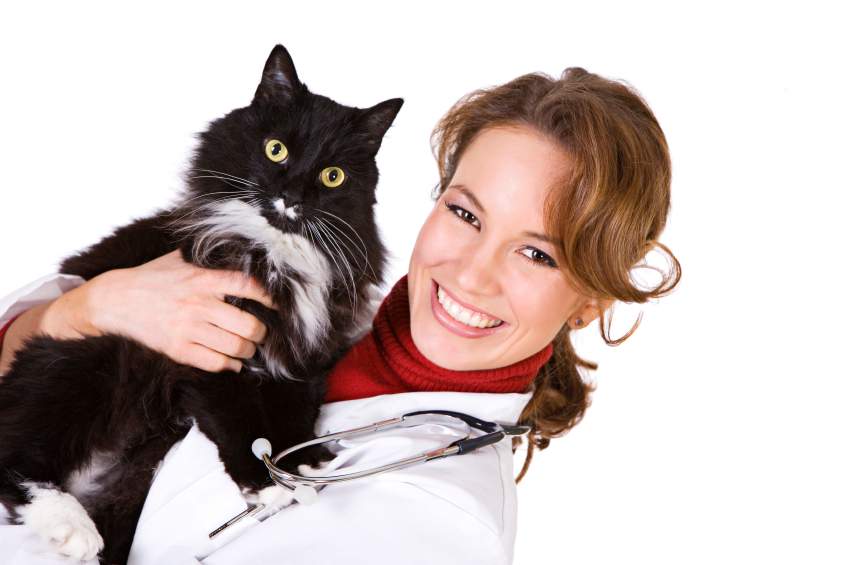
There’s an old adage, “An ounce of prevention is worth a pound of cure.” This is especially true when it comes to cancer. Our pets cannot tell us when they feel poorly so we need to pay special attention to their behavior and physical appearance.
While the aging process is one of the major factors contributing to the cause of cancer, genetics, environment (the world we have created for our selves to live in, not your home), deterioration of the immune system, and bad luck are other factors.
The number of pets with cancer grows each year and according to the American Veterinary Medical Association (AMVA), dogs get cancer at about the same rate as humans, while cats get fewer cancers in general. Cancer accounts for almost half the deaths in dogs over 10 years of age.
We may not ever be able to cure the world of the curse of cancer, but I believe that through persistence and education we can reduce the number of pets that are diagnosed with cancer each year and therefore improve the bond that we have with our furry friends.
We start with prevention. So you ask yourself, how can I prevent cancer in my dog or cat?
The AVMA reports that some cancer, such as breast cancer appears to be largely preventable with early spaying however, the cause of most cancer is unknown and that makes prevention difficult.
Genetics play a large part in why our pets get cancer, most of which we cannot control. We know that some types of cancer are related to genes however, there is a substantial lack of information about how to prevent these types of cancer.
Environment is another factor in how our pets get cancer, we need to provide our pets with a healthy and clean environment just as we do ourselves. Clean air, good diet and plenty of exercise in turn this stimulates a healthy immune system and will give our pets a ‘leg up’ so to speak when it comes to prevention or management of an illness or cancer.
We often don’t eat very well ourselves due to our busy schedules or even simply a lack of nutritional knowledge. The same goes for our pets. We may be unaware of what are pets truly need nutritionally. Just like people, pets have different metabolisms and different nutritional needs, so one pet food does not accommodate all anymore.
We have found over the years that variations in protein sources are alleviating allergies and pets with kidney or liver disease need modifications in their diets to allow for better function of these organs. This same concept may be true for cancer. Who knows, years from now we may have information that leads us to say that diet had a direct relation to some types of cancer.
Awareness is the next step in reducing the risk of death from cancer for our pets. An attentive owner will notice when something is not quite right and get it checked out quickly. General health exams with your veterinarian on a regular basis will ensure that any abnormalities will be noted in a timely fashion and quite possibly will save your pets life if caught early.
There are several symptoms that, if noticed early, can help us get a jump on potential problems. Some of these include unusual swellings that persist or grow, as well as any sores that do not heal. Weight loss or lack of appetite can be a sign of cancer so monitor your pets for difficulty eating or reduced appetite. Hesitation to exercise or loss of stamina can be a sign as well as persistent lameness or stiffness. Difficulty breathing, urinating or defecating can also be signs of a potential cancer situation. All of these should be followed up on with your family veterinarian who can perform a physical exam and run tests to find out precisely what the problem is.
The main point in awareness that I would like to stress to all pet owners is to get it checked out early. Do not take the wait and see approach. ‘Wait and see’ gives cancer an opportunity to take up shop elsewhere in the body and makes successful treatment that much harder.
The more aware we all are of our pet’s health, the better and longer our relationships will be with these four legged family members of ours. Our goal in veterinary cancer medicine is to improve the quality of our pets’ lives through excellent and innovative medicine and compassionate care.




